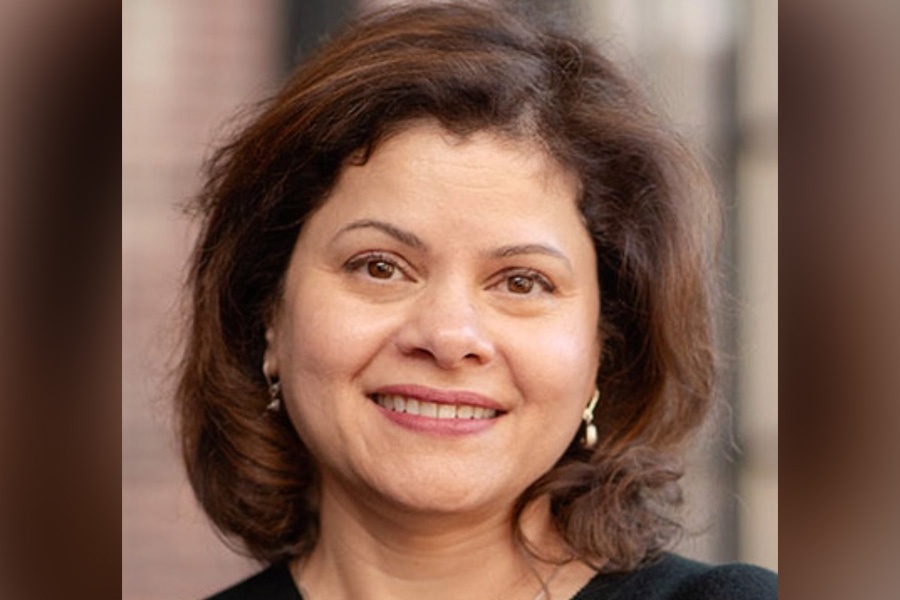What is your current role in health care?
“The COVID pandemic brought a huge change in my career and as a person. At the beginning of the pandemic, I was serving in the capacity of a medical director of the Rehabilitation service line, a position that I absolutely loved; however, seeing the clinical needs of the pandemic, I felt the call to step away from that role. As a medical director, I had the privilege of being able to predict, observe and manage bottlenecks in the system to allow for seamless discharge of the COVID patients at the time of the surge. I have now transitioned to seeing COVID patients while in the ICU, regular floors, acute rehabilitation unit and the Long COVID clinic. The ability to provide care for these patients through the continuum of care has had a huge impact on how we manage them in the face of paucity of large-scale studies specifically of Long COVID syndrome. I feel incredibly lucky to be amidst such incredible minds and physician scientists as at the University of Minnesota, who I am involved with in research as well as data analysis of this patient population. I have found this to be very fulfilling work. Overall, I have made a conscious change in my career trajectory”.
What stands out as a favorite memory during your time as an MHA student?
“I have such lovely memories of the MHA program. Both I and my husband, Sayeed Ikramuddin were fortunate to be MHA students at the same time in the same class. Many of my favorite memories are from the innovation class with Ryan Armbruster. He had asked us of a task, which seemed rather simple but the process of it was such that it made us think outside the box. I was also always fond of the various icebreaker activities he had in the beginning of the class. These were incredibly clever. Overall, the course was extremely interesting. I also remember Jon Christianson’s lecture on the history of healthcare insurance and healthcare markets. His experience as a vice chair of the Medicare payment advisory commission is a great advantage of the program.”
How has the MHA Program helped prepare you for your career?
“I think the MHA has been instrumental in understanding the world around me, albeit as a person, a physician, and as a negotiator. It helped me understand my own strengths and weaknesses and utilize the resources around me to succeed.”
What challenges and opportunities will healthcare leaders encounter in the next 5-15 years? What skills will leaders need to be successful in light of these challenges and opportunities?
“In the past decade or so, we had become so used to having knowledge at our fingertips. Knowing the incidence, etiology and evidence-based treatment options of most diseases made us content and comfortable in our areas of expertise. We are now going into a place where we are blind to that knowledge, as we do not know the long-term effects of the pandemic. I think the challenges will be working in a world where we do not have evidence-based medicine at our fingertips for COVID-19.
The disability following the pandemic is unmeasured and the gap in the optimal management of Long COVID is concerning.
Wellbeing at the workplace is also going to be a very important moving forward. One change in our workplace culture is sick leave. In the past when we were sick, we typically went back to work and worked through it, now I observe a change in the culture. Now when someone is sick, it is so important for them to stay home, these are the lessons learnt from the pandemic.
Successful leaders are those who fulfill the needs of the environment and can adapt to the needs of the system. There are different kinds of leadership, and each is successful in their own specific environment because they adapt to the needs of the organization or are what the need is at that time. Times ahead require leaders who are innovative and have significant ability to understand the needs of their labor forces”.
If you could give one piece of advice to a current student, what would it be?
“Learn as much from your classmates as you do from your professors.”
Why is your class the best class ever?
“For the two years that we were together, we went through so much. This was not because we were going through turmoil, rather we were going through the process of stepping outside of our comfort zones and growing out of those experiences.”

